- Details
- Category: Article
- Last Updated: 23 March 2022

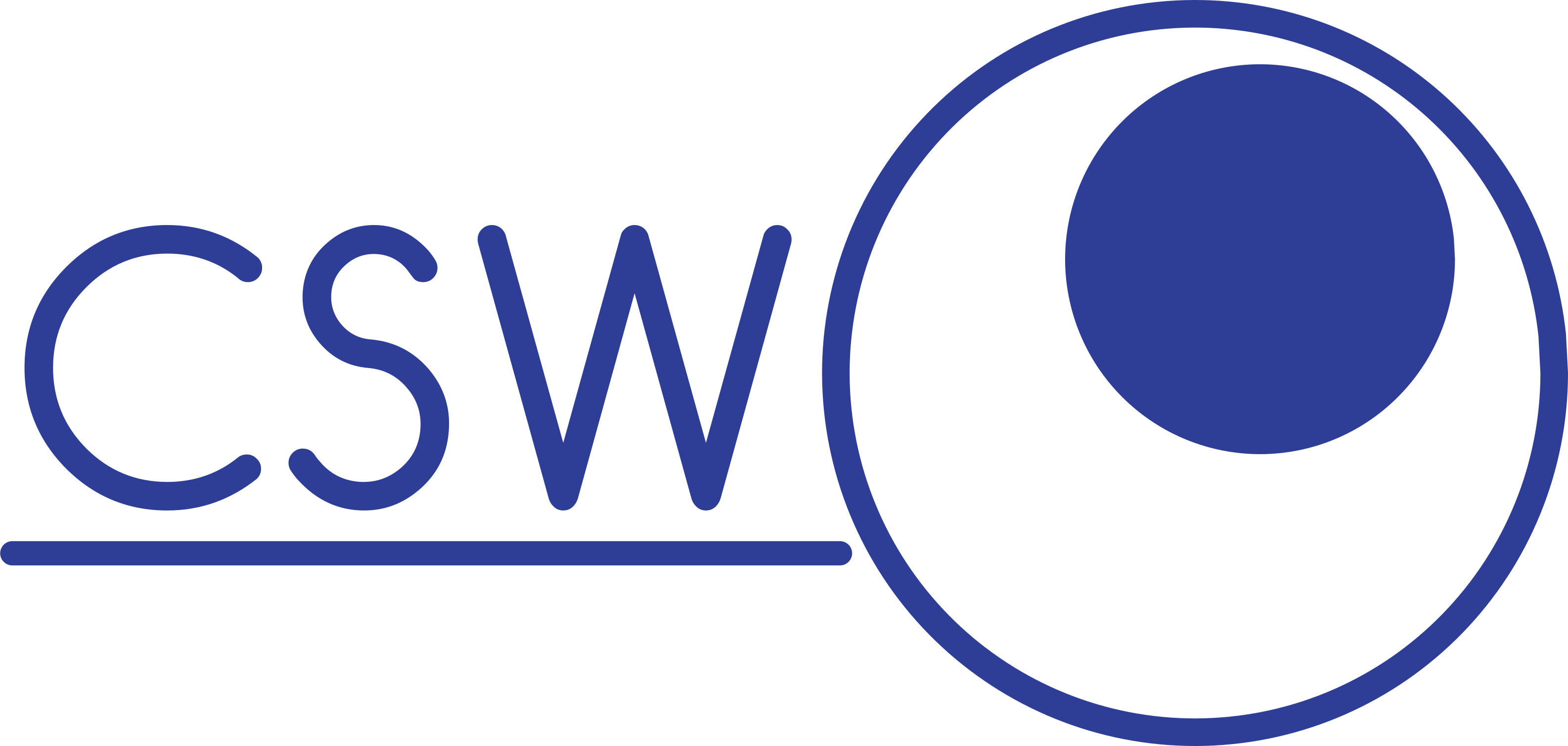
Computer Science Workshop 2021
2nd Edition
October 1st, 2021, 13.45-18
Conference Hall, DIBRIS, Valletta Puggia, Department of the University of Genova
Via Dodecaneso 35, Genova, 16146 IT
con il contributo dell’Università degli studi di Genova
Motivation and goals
We are glad to announce the 2nd edition of the Computer Science Workshop at the Department of Informatics, Bioengineering, Robotics and System Engineering (DIBRIS) at Università di Genova.
What about research in Computer Science?
Computer Science is constantly increasing in complexity with many and many new fields of research emerging. Here, at the University of Genoa, we are involved in some of these fields as Virtual and Augmented Reality, Multi-Agent systems, Data Science, Data Management, Computer Graphics, Security, Machine Learning, Programming Languages, Logic, Computer Vision, Software Engineering and many others. The main goal of the workshop is discussing the many aspects of the Computer Science research fields, to present a broad perspective of this subject and look for possible (unexpected) interconnections. We are glad to host three speakers:
- Paolo Papotti, EURECOM;
- Marco Tarini, Università di Milano;
- Alessandro Oneto, Università di Trento;
The presentations are aimed at providing an international view of a wide range of research topics in Computer Science. The workshop includes a coffee break offered to the participants, during which all the PhD students in Computer Science are going to present their work. It is a nice opportunity for discussing, sharing new ideas, and more generally networking.
Registration
The event is completely free for the participants. A coffee break will be offered during the poster session.
PLEASE USE THE REGISTRATION LINK ONLY FOR IN-PERSON PARTICIPATION
Participants data are collected for the sole purpose of the event organization. By subscribing to the event you accept Eventbrite Terms of Service.
Online Attendance
The event will be transmitted freely online and live via Zoom at the following link:
https://us02web.zoom.us/j/88544356441?pwd=SVRnTmlkRUZZeEozU2U3RjZWU0dJZz09
ID: 885 4435 6441
psw: 937063
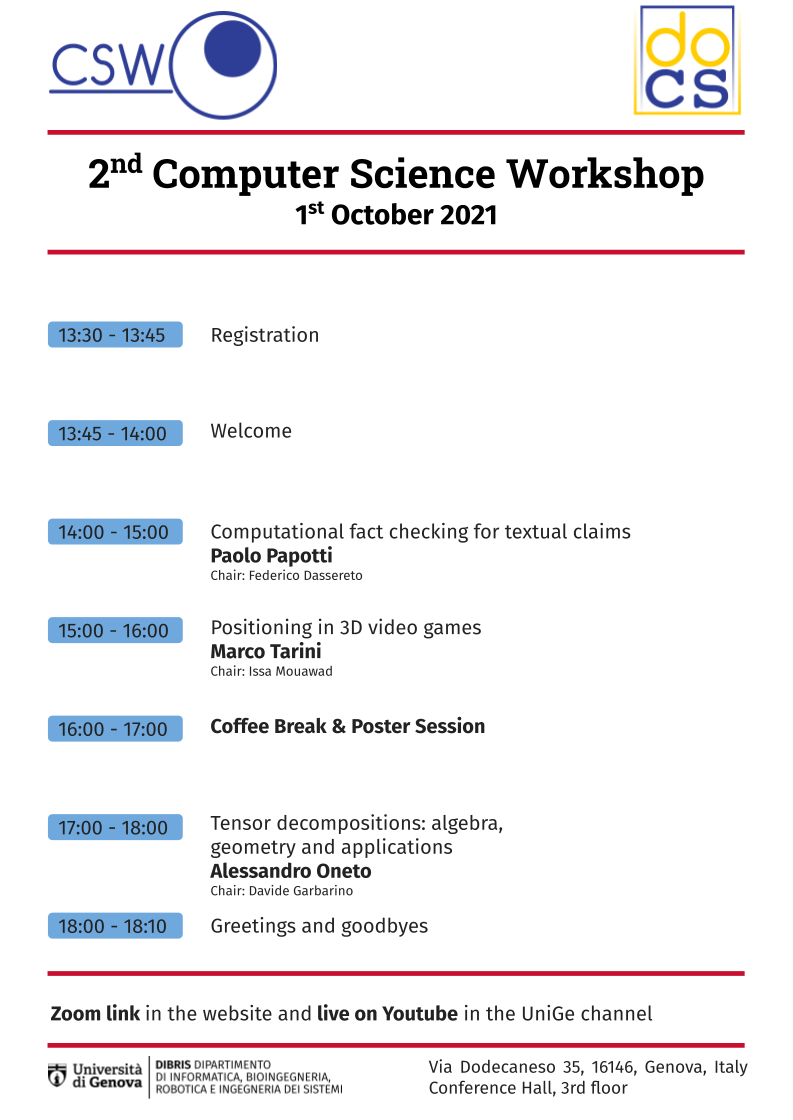
Abstracts
TITLE: Computational Fact Checking for Textual Claims
SPEAKER: Paolo Papotti
ABSTRACT: Fact checkers and social platforms are overwhelmed by the amount of false content that is produced online every day. To support fact checkers and content moderators, several research efforts have been focusing on automatic verification methods to assess claims. These initiatives have grown and multiplied in the last year due to the "infodemic" associated with the COVID-19 pandemic. Better access to data and new algorithms are pushing computational fact checking forward, with experimental results showing that verification methods enable effective labeling of claims, both in simulations and in real world efforts such as https://coronacheck.eurecom.fr. However, while fact checkers start to adopt some of the resulting tools, the misinformation fight is far from being won. In this talk, we will cover the opportunities and limitations of computational fact checking and its role in fighting misinformation.
TITLE: Positioning in 3D video games
SPEAKER: Marco Tarini
ABSTRACT: An element at the core of any 3D video game is the positioning (location and orientation) of objects, such as characters, scene elements, etc., inside a virtual world. How are these spatial relationships internally represented and updated? Which of the known mathematical models are best suited to the typical needs of a videogame (from rendering to animation, from artificial intelligence to physical simulation, from level design to 3D sound rendering)? In this short seminar, we will present and compare the main alternative mathematical approaches that can be adopted for a technical task that is so close to the base of the functioning of a videogame to be too often taken for granted, despite the important far reaching consequences.
TITLE: Tensor decompositions: algebra, geometry and applications
SPEAKER: Alessandro Oneto
ABSTRACT: Tensors are higher-order generalisation of matrices, namely multi-indexed arrays of numbers. They are used to store multidimensional datasets, encoding the higher-order relationships which are intrinsic within the data. Tensor decompositions are algorithmic techniques which help to interpret, visualise and store the data. They extend the idea of matrix decompositions, such as singular value decomposition, principal component analysis and non-negative matrix factorisation. The possibility to analyse multi-dimensional structures preserving the high-order nature within the data allowed tensor decompositions to find applications in several areas involving signal processing, data mining, complexity theory, dimensionality reduction and many others. At the same time, tensor decompositions attracted a broad community in pure mathematics. Indeed, there are many successful examples of tensor decompositions problems solved by using methods from multilinear algebra, commutative algebra and algebraic geometry. In this talk, I will give an introduction on tensor decompositions, in particular canonical polyadic decompositions (CPD) and high-order singular value decompositions (HOSVD). In particular, I will try to underline the interdisciplinarity of tensor decompositions by giving examples of their applications as well as describing the algebraic and geometric theory behind them.
Speakers
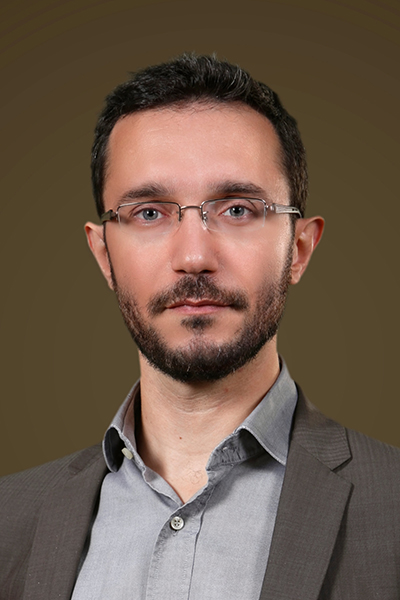
Paolo Papotti
Paolo Papotti is an Associate Professor at EURECOM, France since 2017. He got his PhD from Roma Tre University (Italy) in 2007 and had research positions at the Qatar Computing Research Institute (Qatar) and Arizona State University (USA). His research is focused on data integration and information quality. He has authored more than 100 publications, and his work has been recognized with two “Best of the Conference” citations (SIGMOD 2009, VLDB 2016), two best demo award (SIGMOD 2015, DBA 2020), and two Google Faculty Research Award (2016, 2020). He is associate editor for PVLDB and the ACM Journal of Data and Information Quality (JDIQ).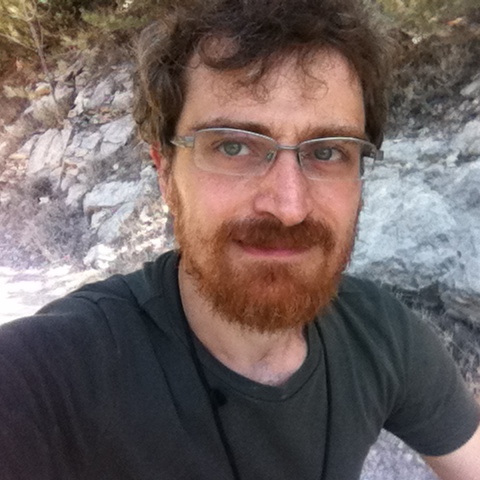
Marco Tarini
Marco Tarini (PhD 2003, Univ. Pisa) works as an Associate Professor at the Università degli Studi di Milano, Italy, where he teaches Computer Graphics and 3D Video game development, as well as other advanced courses on game dev and geometry processing at the same univerity and others. A prolific researcher, his interests are in Computer Graphics (geometry processing and real time rendering, and especially surface representation, remeshing, texturing, 3D acquisition, and animation) and its applications (Video Games, Scientific Visualization, Cultural Heritage, and 3D Fabrication). In these fields, prof. Tarini authored a large number of influential articles in all the the top-tier scientific journals in the field, receiving several awards and recognitions for this activity, and collaborates with several research lab worldwide. Marie Curie Mobility Fellow, prof. Tarini has been leading several funded projects, in addition to his activity as a core developer in popular Open Source software projects and libraries. A former game developer, his hobbies include game design (including board games).
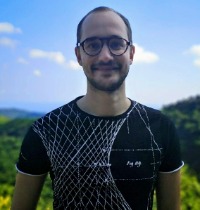
Alessandro Oneto
I am an assistant professor at the Department of Mathematics of the University of Trento. My mathematical background is in pure commutative algebra and algebraic geometry, but I like to study geometric models that come from questions in applied sciences such as tensors and their decompositions or other statistical models coming from phylogenetic or machine learning. I did my undergraduate studies at the University of Genoa and I got a PhD in Mathematics at Stockholm University in 2016. After postdoctoral experiences at Inria Sophie-Antipolis (France) and at U. Politecnica the Catalunya (Spain), I held an A. v. Humboldt Fellowship at OVGU Magdeburg (Germany). Since April 2020, I joined the University of Trento and I am a member of the Laboratory TensorDec.
Online Poster Session
Since the Poster Session will be host physically, we will be offering a "quasi-online" Poster Session also to virtual participants at the following link:
https://docs-dibris.github.io/CSW21
On the website, it will be possible to explore all the posters presented and interact with the authors by commenting under each poster. To comment, a GitHub account is required. Each author will give priority to the in-presence attendance, but a constant look up to her/his webpage will be granted.
Organization
DOCS - DOttorandi In Computer Science
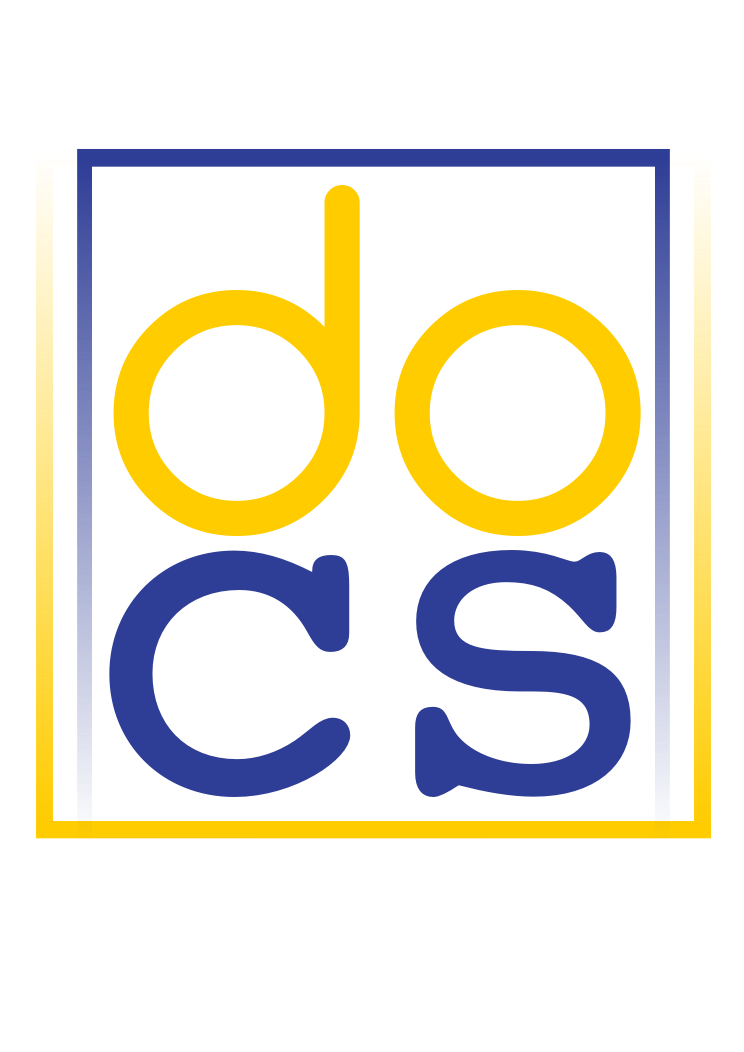
This event is thought and fully organized by the organization of PhD students in Computer Science.
Contacts
This email address is being protected from spambots. You need JavaScript enabled to view it.
This email address is being protected from spambots. You need JavaScript enabled to view it.


